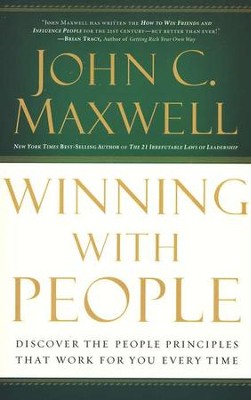A senior monk and a junior monk were traveling together. At one point, they came to a river with a strong current. As the monks were preparing to cross the river, they saw a very young and beautiful woman also attempting to cross. The young woman asked if they could help her cross to the other side.
The two monks glanced at one another because they had taken vows not to touch a woman.
Then, without a word, the older monk picked up the woman, carried her across the river, placed her gently on the other side, and carried on his journey.
The younger monk couldn’t believe what had just happened. After rejoining his companion, he was speechless, and an hour passed without a word between them.
Two more hours passed, then three, finally the younger monk could contain himself any longer, and blurted out “As monks, we are not permitted a woman, how could you then carry that woman on your shoulders?”
The older monk looked at him and replied, “Brother, I set her down on the other side of the river, why are you still carrying her?”
____________
Anger is an acid that can do more harm to the vessel in which it is stored than to anything on which it is poured.
Anthony weigh's in:
Life will have plenty of opportunities for anger.
The tricky part about anger is that it is a God-given emotion. Jesus got angry, but His anger was a righteous anger. I don't want to sound pious, but His anger was healthy, and your anger could be too.
The point of today's post is not that you shouldn't get angry, rather, anger can and will destroy you over time if left unchecked. It has a way of blinding you, isolating you, and spilling over to every area of your life.
I have heard it said, "If you don't heal what hurt you, you will bleed on people who didn't cut you." And that's unfair to those that love you...
Reflect: What are you carrying around that you should let go of?
Reflect: What are you carrying around that you should let go of?








